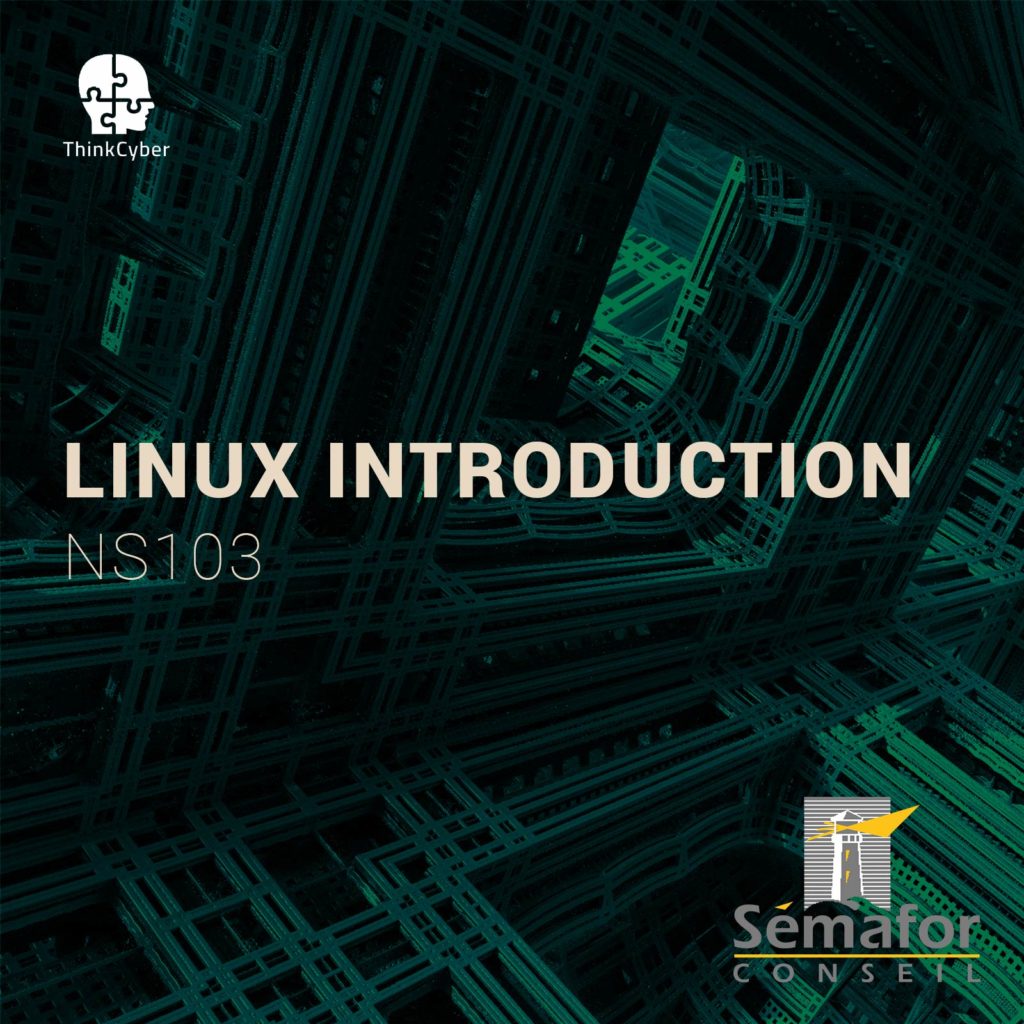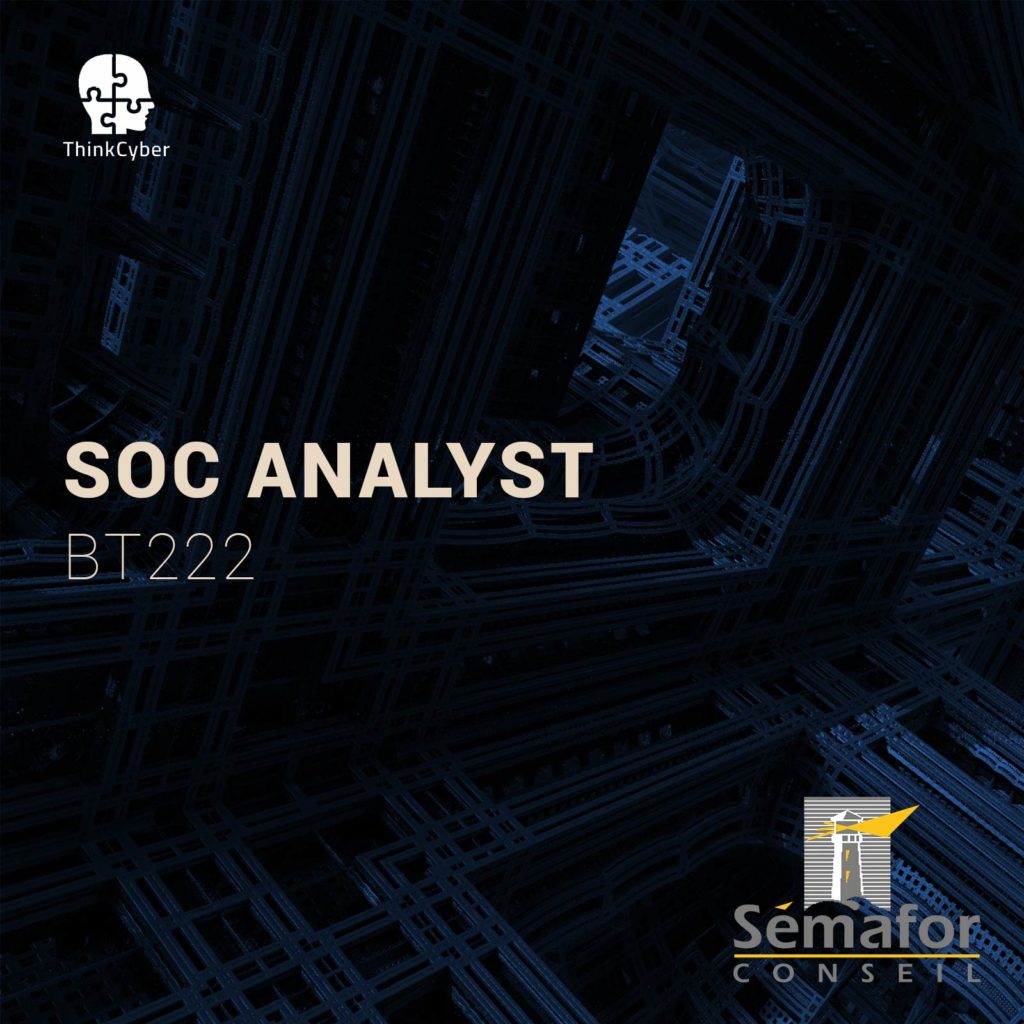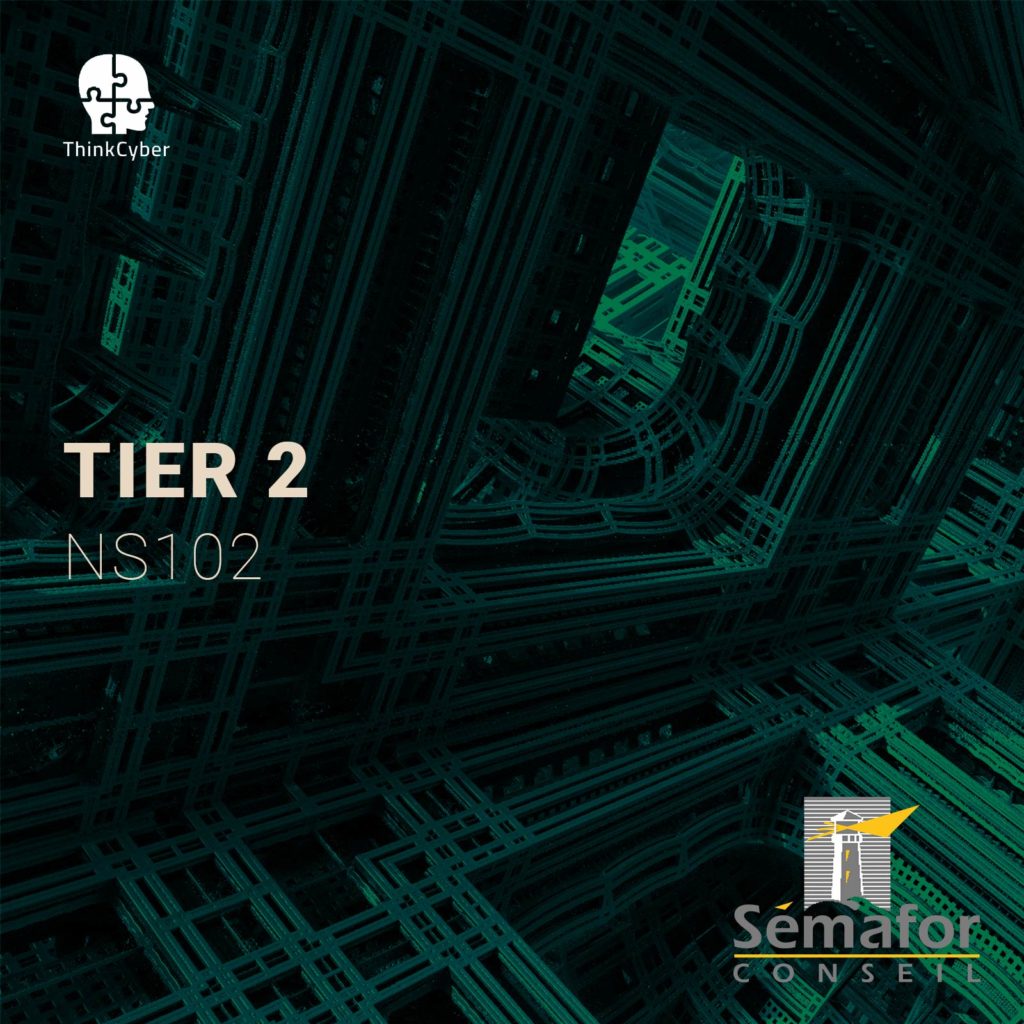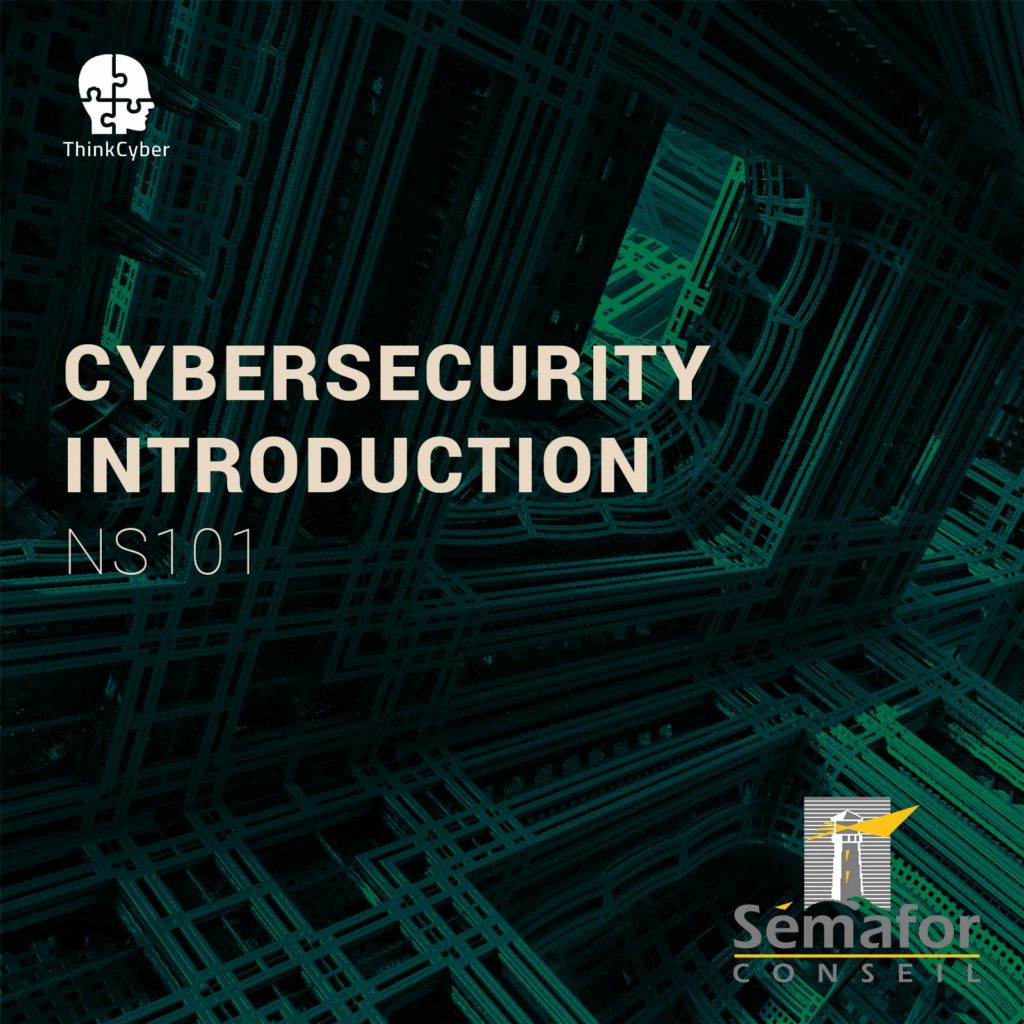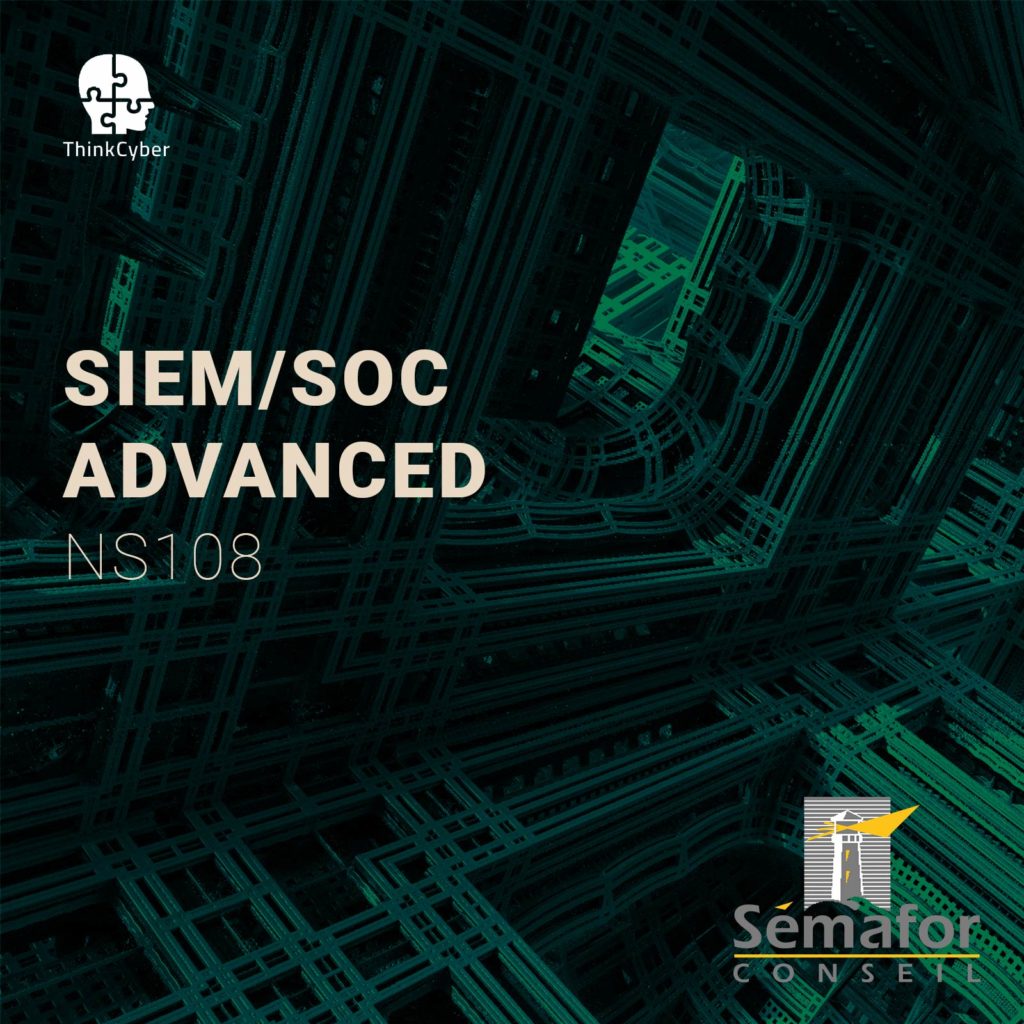Python Introduction
NS105
Table of Contents
Description
Any person wanting to automate stages and create cyber-tools must learn to program. Python is an easy language used by many to build tools in different fields, including cyber.
This training will provide the student with a stepping-stone on understanding programming logic and creating basic scripts to take his skills to the next level.
How to make the most of this course?
In order to succeed in the course, the following requirements must be met:
- Participation in all practical laboratories
- Self-work at home between lessons
- Repetition of materials, self-learning, performing tasks, etc…
In addition to regular classroom studies, the participant is required to practice at least 10 hours a week in order to gain practical experience in the field.
A personal computer suitable for running virtual machines, with an Internet connection
Transition of the scenarios in the Cyberium Arena.
Target audience
- Anyone comfortable with computers who wants learn the foundation of the most commun cybersecurity & developement language
- Websites and Apps developers
Objectives
- Getting to know Python variables
- Building basic Python code
Pre-requisites
Basic computer knowledge
Syllabus
Description
During this module, students will be introduced to the world of Python. Students will learn to install Python and its additional modules.
Technical content
- Introduction
Installing of Python
Variables and Booleans
Dictionaries and Tuples
Description
Students will learn to work with conditions during this module and create a dynamic code that will operate accordingly.
Technical content
- Conditions
Conditional Statements
While and For Loops
Scoping and Subroutines - Functions
Working with Functions
External Functions
Exceptions
Description
This module will teach the students to gain full control of the Linux Environment. The students will learn to administrate their system and manage software and services.
Technical content
- Python Scripting
Reading Files
Extracting Data
Writing into Files
Labs
The following labs are part of the actual Cybersecurity Advanced Notions course:
- Lab 1 Basic Text Manipulation
- Lab 2 Linux Services
- Lab 3 Log Filters
- Lab 4 Linux Bash Scripts
- Lab 5 System Administration
- Lab 6 Using Dockers
- Lab 7 Netcat
- Lab 8 Local Linux Security
Real Cases Studies
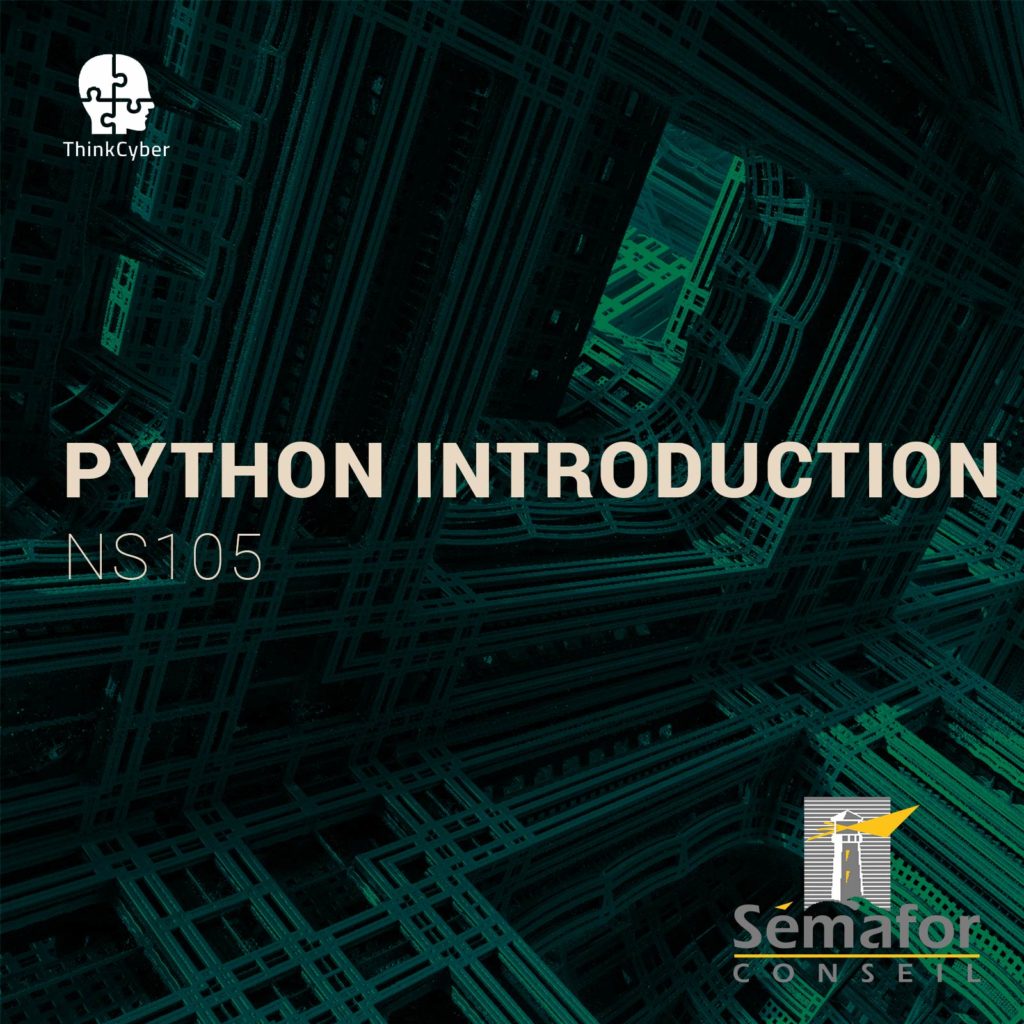
Course type
This course is delivered in the following ways:
- Virtual classroom with proctored labs and scenarios executed in our Cyberium Arena
- In situe classroom with proctored labs and scenarios executed in our Cyberium Arena
All sessions are recorded and attendees can replay them during 30 days. All course material is electronically made available to the participant.
Course Group: FOUNDATION
Hands-on / Theory MiX
The following course incorporates a high level of hands-on labs exercises, as well as real life case studies.
Certification
This course prepares the participant to the following certification:
- LPIC-1 (LPI)
Required EqUIPMENT
Network connection
As this course extensively uses a cloud based Learning Management System, including a lab arena, attendees need a stable broadband connection to the Internet.
BYOD – Bring Your Own Device
As it is a very practical course, and in order for the sparticipants to make the most of the course, they need a laptop with the following capabilities:
- Audio and Video
- 8 GB RAM
- 200 GB Disk Space
- Virtualization capabilities ( supporting latest version of Virtualbox or similar virtual machine application)
And also a Good Headset with Mic

